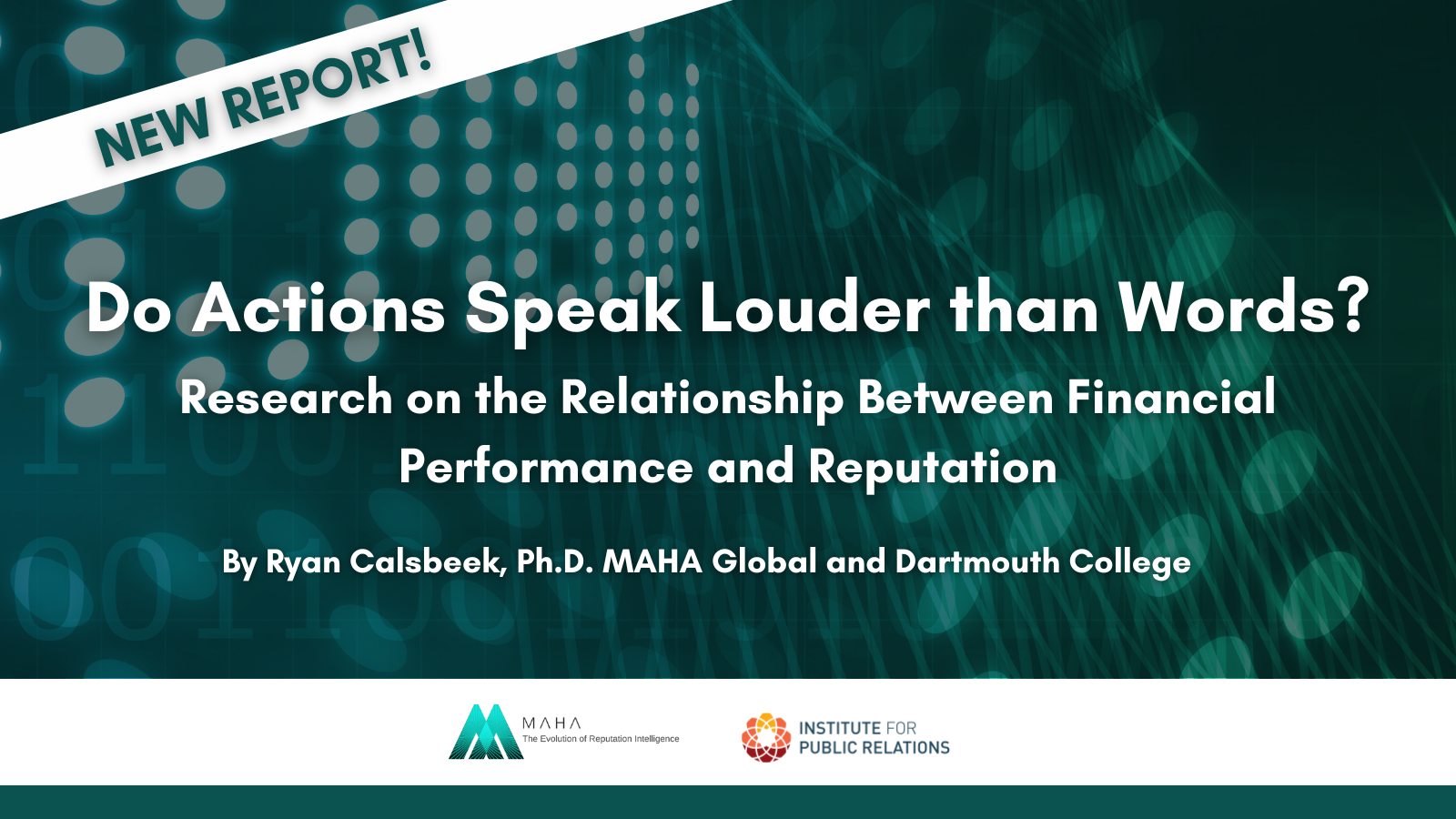This post appears courtesy of the USC Center for Public Relations. The full study is available here.

The 2018 Global Communications Report found that 64 percent of public relations professionals predict that in five years, the average consumer will not be able to distinguish between news stories written by journalists (earned media) and promotional content purchased by an organization (paid media). The survey also found that 59 percent believe the average person will not care if they can tell the difference between the two.
Forty-two percent of public relations professionals believe the trend toward “branded content” is a potential ethical issue. An even greater number (52 percent) are concerned about the related, fast-growing practice of paying celebrities, YouTubers or Instagrammers to create content that promotes various products and brands. PR executives predict a decline of resources devoted to earned media over the next five years, as owned and paid media budgets continue to grow.
However, the biggest ethical issues that the communications industry is facing are fake news and purposeful distortion of the truth. Ninety-two percent of global communications executives cited “fake news” as the most challenging ethical threat to their profession, followed by the purposeful distortion of the truth (91 percent). Defense of malicious behavior (88 percent) and lack of corporate transparency (81 percent) are also high on the list of potential ethical issues confronting communicators.
Despite these troubling trends, 46 percent of communications professionals believe that businesses in their countries have become more ethical over the past five years and 62 percent predict that business will behave even more ethically over the next five years. The same development applies to their own industry, which 61% say will operate more ethically in the future.
Lastly, even though 55 percent of public relations executives cite working for controversial clients as a potential ethical issue, 82 percent believe that all individuals, organizations and governments have the right to PR counsel. However, 95 percent of those same communicators state they personally would not represent or work for certain organizations, individuals or governments due to ethical concerns. Tobacco (79 percent) and firearms (74 percent) top the list of industries they believe represent potential ethical issues. Representing political candidates is not far behind at 60 percent.
About the Global Communications Report
The Global Communications Report is produced annually by the USC Annenberg Center for Public Relations, in conjunction this year with Edelman, The Holmes Report, Worldcom Public Relations Group, Arthur W. Page Society, Global Alliance for Public Relations and Communications Management, International Association for Measurement and Evaluation of Communication, International Communications Consultancy Organization, Institute for Public Relations, MCC Consulting, PRCA, PR Council, PRSA and PRSSA. The survey of 1,000 PR professionals (agency and in-house) is designed to provide insight into the evolution of the global communications industry.
About the USC Center for Public Relations
Based at the USC Annenberg School for Communication and Journalism, the mission of the USC Center for Public Relations (CPR) is to connect corporations, agencies, academics and students to define the future of our industry and to develop those who will shape it. Signature initiatives include the Global Communications Report, USC Annenberg’s Kenneth Owler Smith Symposium, and the Relevance Report. Follow CPR @Center4PR and #PRFUTURE.
 Jamie Honowitz is a communications assistant for the Institute for Public Relations. She is also a public relations student at the University of Florida. Follow her on Twitter @jamiehonowitz__.
Jamie Honowitz is a communications assistant for the Institute for Public Relations. She is also a public relations student at the University of Florida. Follow her on Twitter @jamiehonowitz__.



